Compliance with fair housing laws is critical for property managers and landlords in Palm Beach County. These regulations aim to eliminate discrimination and promote equal access to housing opportunities. Understanding these laws and implementing proactive strategies not only ensures legal compliance but also fosters tenant trust and minimizes the risk of lawsuits.
What Are Fair Housing Laws?
Fair housing laws, governed by the federal Fair Housing Act and state-level regulations in Florida, prohibit discrimination based on the following protected classes:
- Federal Protections: Race, color, national origin, religion, sex, familial status, and disability.
- Florida-Specific Protections: Adds protections for marital status and age in certain cases.
These laws apply to all aspects of housing, including advertising, tenant screening, lease agreements, and interactions with tenants.
Common Violations of Fair Housing Laws
Violations often stem from unintentional actions. Avoid these common pitfalls:
- Discriminatory Advertising:
- Using language that implies preference (e.g., “ideal for single professionals” or “no children allowed”).
- Publishing ads that discourage specific groups from applying.
- Unequal Tenant Screening:
- Applying inconsistent criteria for credit checks or income verification.
- Denying applications based on biases rather than qualifications.
- Failure to Accommodate Disabilities:
- Refusing reasonable modifications (e.g., wheelchair ramps, service animals).
- Charging extra fees for accessibility adjustments.
- Retaliatory Actions:
- Penalizing tenants for asserting their rights (e.g., filing complaints).
- Attempting to evict tenants as a response to grievances.
Best Practices to Ensure Compliance
1. Adopt Fair Advertising Practices
- Avoid using language that could be interpreted as exclusionary.
- Use neutral terms like “welcomes all” or “family-friendly community.”
- Review advertisements with legal counsel to ensure compliance.
2. Standardize Tenant Screening
- Develop consistent screening criteria (e.g., credit score, income-to-rent ratio).
- Use objective metrics for application approvals.
- Document the reasons for rejecting applications to maintain transparency.
3. Train Your Team
- Provide annual training on fair housing laws for property managers and staff.
- Educate employees on implicit biases and ways to avoid them in interactions.
- Ensure maintenance staff and contractors also understand tenant rights.
4. Facilitate Disability Accommodations
- Implement a formal process for handling accommodation requests.
- Understand the difference between reasonable accommodations and undue hardship.
- Work with tenants to find mutually acceptable solutions.
5. Maintain Detailed Records
- Keep comprehensive records of tenant applications, communications, and decisions.
- Document all maintenance requests and their resolutions.
- Store lease agreements securely and ensure they align with fair housing regulations.
Avoiding Lawsuits: Proactive Measures
1. Audit Your Practices
- Conduct regular internal audits to identify potential compliance issues.
- Use third-party consultants to assess your policies and procedures.
2. Leverage Technology
- Use property management software to standardize operations.
- Automate tenant screening and record-keeping to eliminate human error.
3. Consult Legal Experts
- Work with attorneys specializing in fair housing laws to review leases, advertising, and operational practices.
- Seek legal advice when handling tenant disputes or complaints.
Case Study: Preventing a Discrimination Lawsuit
Scenario: A Palm Beach County property manager faced allegations of discrimination when a tenant with a disability claimed their accommodation request was denied.
Resolution:
- The property manager partnered with Atlis Property Management to review the case.
- A revised accommodation process was implemented, including staff training and a clear policy for handling future requests.
- The tenant’s concerns were addressed amicably, avoiding litigation.
Outcome:
- Improved tenant relations and increased trust.
- A 30% reduction in tenant complaints related to accommodations.
- Zero legal disputes for the following three years.
Resources for Property Owners
- Learn about tenant screening solutions to ensure fair and consistent practices.
- Discover legal compliance training for property management teams.
- Explore digital tools for standardized operations.
The Benefits of Compliance
| Aspect | Non-Compliant Practices | Compliant Practices |
|---|---|---|
| Legal Costs | High | Reduced |
| Tenant Satisfaction | Low | High |
| Reputation | Damaged | Enhanced |
| Operational Efficiency | Inefficient | Streamlined |
Conclusion
Understanding and adhering to fair housing laws is essential for successful property management in Palm Beach County. By adopting compliant practices, standardizing operations, and addressing tenant needs proactively, landlords can avoid lawsuits and foster positive tenant relationships. Atlis Property Management offers expert guidance and comprehensive solutions to help you stay compliant and thrive in the competitive rental market.
Contact Atlis Property Management today for tailored support with fair housing compliance. Visit atlispm.com for more information.



